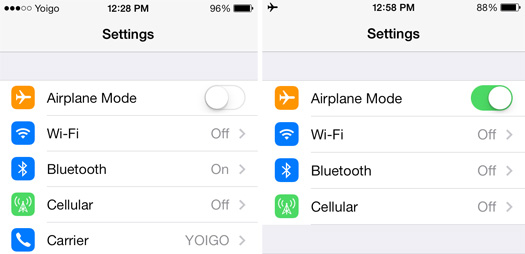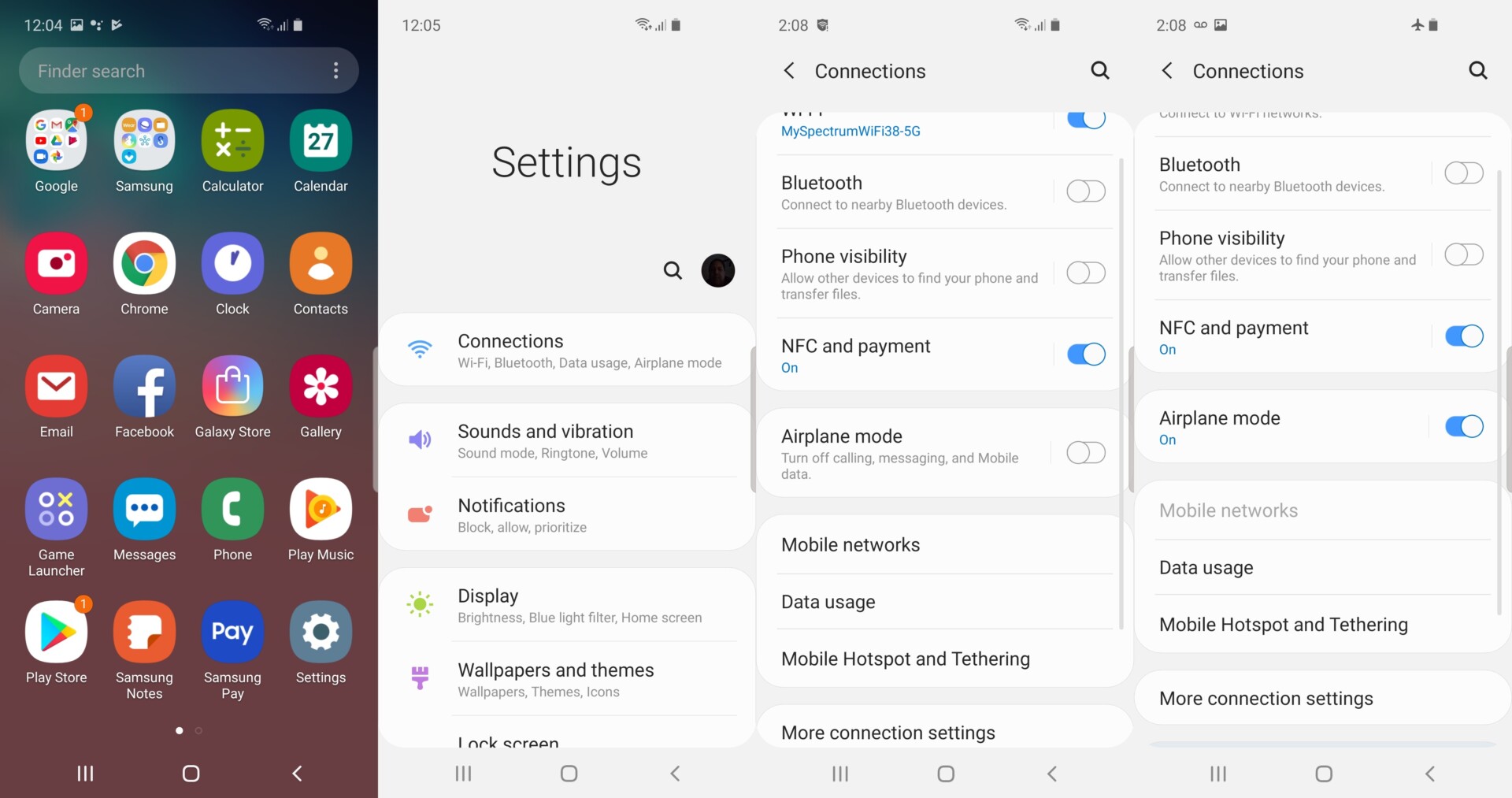

Data roaming charges are back, here’s how you can avoid them.

With data roaming charges back in play, where do they apply and how can you avoid them?
For many people in the UK, particularly in the aftermath of the COVID-19 pandemic, travelling abroad has become a priority for many businesses and their employees.
Following Brexit in January 2020 we’re all having to deal with the unfortunate return of mobile roaming charges. Roaming charges were removed on the 15th June 2017, so it’s no surprise that many travellers are unaware these charges are back in play and can quickly become quite costly!
We’ve put together some tips on how data roaming works and how you can avoid the pitfalls of these additional charges when traveling abroad.

Where are you covered?
At dbfb, 99% of our customers are on EU inclusive mobile deals, so you won’t be hit with additional charges when you’re in the EU.
Where aren’t you covered?
When travelling to any destination (EU or otherwise) you aren’t covered when you’re in ‘transit’ from the UK. When in Transit (on a plane or boat) you are not in a country, and therefore outside of any data package, any device use that requires data, will resort in charges.
When travelling outside of Europe roaming charges always apply. However, our 4 network providers Vodafone, O2, EE and Three all offer roaming packages that you can bolt on to your existing contract and helps to avoid any surprises.
You can easily find out what charges apply for your destination by calling Delight on 01604 673320 or email delight@dbfb.co.uk, they’ll be more than happy to select the best plan for your travel needs.
What data charges look like and where they apply.
As soon as you leave the EU, a megabit of data costs £6. In practical terms this would easily be charged by simply downloading around 10 small emails (a plain text email is around 75 kilobytes). Or a low quality (up to 1.5mb) YouTube video download could cost you £18.
This can easily catch people out whilst traveling, as your device may pick up a satellite signal over the English Channel, connect to the mast and start to use data in the background without you even knowing.
Before you travel
For customers looking to travel abroad, we can provide a change of data plan to allow higher data roaming for the time you are abroad. So, if you think you’ll need a different data plan for a short period while abroad, contact us at least 48 hours before you travel and we can ensure you’re on the best roaming package.
Tips to avoid excessive roaming charges?
When you board a flight, or a cruise, ensure you keep your phone on airplane mode whilst you’re travelling to your destination.
iPhone users:
- Unlock iPhone, tap settings on the home screen.
- Then slide the ‘Airplane Mode’ bar right, it will turn green, indicating you’re in airplane mode.

Samsung / Android users:
- Unlock Samsung, tap settings on home screen.
- Then tap connections, then slide the ‘Airplane Mode’ bar right, it will turn blue, indicating you’re in airplane mode.

Don’t forget, once you’ve arrived at your destination and you have a data roaming plan in place – switch airplane mode’ back off again.
For more information and to check your data roaming package, contact Delight on 01604 673320 or email delight@dbfb.co.uk at least 48 hours before you travel. Happy travelling!



